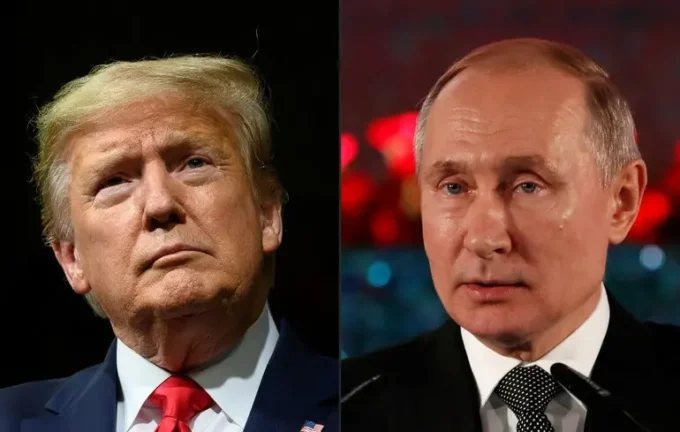Trump’s Political Maneuvering and Its Impact on the Ukraine-Russia Conflict: Growing Independence from Putin and New Late Administration Strategies

Following his return to office, Donald Trump's team found itself compelled to reconsider its approach towards Russia and Ukraine.
Initially, his sudden statements about potentially changing strategies with Moscow sparked widespread skepticism among diplomats, analysts, and European allies.
Trump has now come to realize that reliance on personal ties with Vladimir Putin is no longer sufficient to bring peace to Ukraine.
He issued an ultimatum — by August 8, Putin must reach an agreement on a ceasefire with Kyiv, or else Washington will impose new tariffs on Russian energy supplies.
American sources indicate that Trump has acknowledged his personal relations with Putin are no longer effective in securing the desired political outcomes.
Instead, he now believes that heightened pressure is the only way to halt the war.
This is evidenced by his decision to accelerate the sale of American weapons to European countries defending their skies and territories from Russian attacks.
While Washington emphasizes urgent action, the Trump administration faces challenges in enforcing sanctions.
About five months have passed since their implementation, yet their effectiveness has waned due to inadequate enforcement activities, notably the lack of measures against companies and individuals helping Moscow circumvent restrictions.
This weakness has reduced the impact of sanctions, and Trump himself has expressed doubts about their ability to serve as a potent tool of influence.
Regarding economic policy, the United States has not set restrictive oil price caps on Russian exports, unlike the EU and UK, raising questions about the coordination of global efforts against Moscow.
Furthermore, no new measures have been introduced to restrict ships from Russia’s shadow fleet involved in energy exports, undermining attempts to squeeze Russia’s economic power.
In summary, experts argue that despite claims of exerting pressure and implementing sanctions, Washington has not acted decisively; current policies appear more aimed at projecting activity rather than achieving tangible goals for ending the war.
Meanwhile, calls are growing to reassess the U.S.
stance on sanctions and diplomatic approaches to Putin, especially given his apparent ability to feign vulnerability and buy time for new strategic plans.

